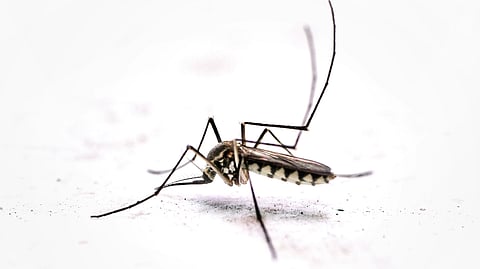What is dengue fever?
Dengue (break-bone fever) is a viral infection that spreads from mosquitoes to people, which is more common in tropical and subtropical climates.[1] This viral infection is primarily transmitted to humans through the bite of infected mosquitoes such as Aedes aegypti and Aedes albopictus. Furthermore, about half of the world's population is now at risk of dengue with an estimated 100–400 million infections occurring per year.[1]
What are the symptoms of dengue fever?
When an infected mosquito bites an individual, the virus enters the body and gets mixed into the bloodstream, triggering high fever, and other symptoms of the disease, which are similar to the symptoms of other fever-causing illnesses. The major symptoms of dengue may include:
How can dengue be prevented?
The dengue prevention is significant as there is no known medicine to treat the infection. In most cases, the doctors treat the symptoms of the dengue patients in an attempt to curtail the severity of the disease. The best way to prevent dengue is to avoid mosquito bites by using mosquito repellents and other measures. We need to further ensure that there is no stagnant water in the surroundings, as it is the breeding ground of the vectors. Hence, regular inspection and emptying of any containers of still water around your home is compulsory.


